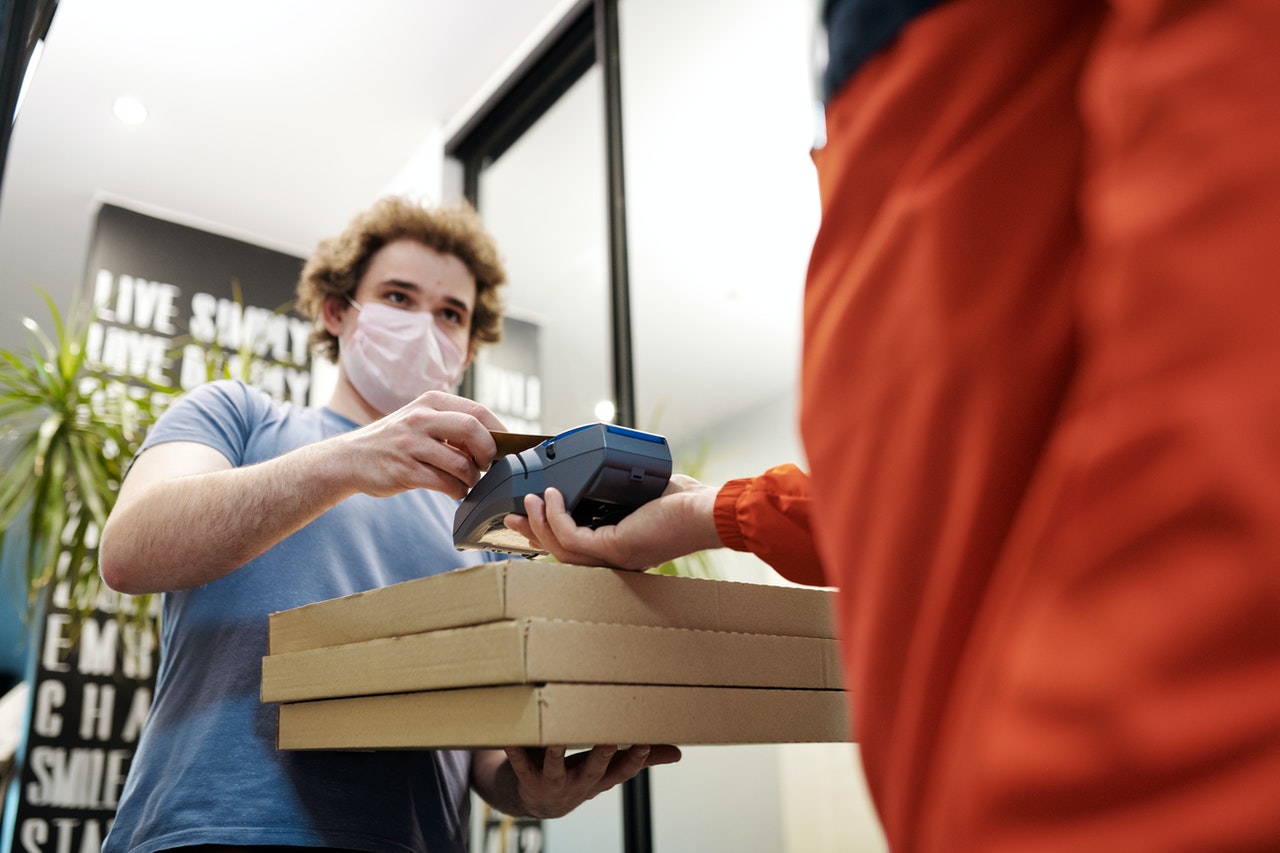Working is a major part of every adult’s life. Most people enter the workforce immediately after they leave university. Many have to start working even before they graduate as a way to raise money for tuition and other expenses.
If you are wondering how much of your life is spent on working, Gettysburg College did the math. They found that the average person will spend 90,000 hours working during their entire lifetime.
It does not matter whether you are employed in an office or you are manning your own business. Likely, you are expected to spend hours of your every day on your profession until your retirement.
Working is so integral that it is safe to say that it has an impact on a person’s life. So, it is crucial that we know and understand how people look at their current place of employment.
Work-Related Injury
Certain types of work come with a number of potential hazards. An office employee, for example, can slip and fall because of the polished floor or a loose cable that happened to be on the walkway. They are also at risk of experiencing back and shoulder pain due to hours of inactivity within their cubicles.
Other lines of work present more threats to health and safety. Those in the field of construction are at risk of falling from a height, being hit with a falling object, getting hurt from the use of mechanical machines and tools, breathing in dust and other dangerous substances, etc.
Getting hurt on the job is not ideal. For the worker, it means absences that may or may not be paid. It also means paying for hospital bills, medicine, and other related expenses.
The injury can be so severe that it can affect their capacity to earn money in the future. In construction, for example, carrying heavy items around the site can lead to spinal cord injury. The worker will have to hire an experienced spinal cord injury lawyer in order to bring their employers to court and seek compensation.
Work-related injuries can be so expensive for the victim. But, it will financially affect the employer, too. Aside from potential medical and legal expenses, it could lead to the loss of trust among the staff and decreased productivity.

American Workers Feel Unsafe
Every person has a right to a safe working environment. No one wants to risk their life to do their work every single day. It is the employer’s responsibility to ensure that their employees are out of harm’s way whenever they are at the office, or factory, or on the ground during work hours.
Yet many do not feel safe at work. New data from Gallup showed that only 65% of workers in the U.S. are satisfied with their physical safety while at their place of work. Non-white workers are less satisfied, with only 59% of them saying that they are happy with the conditions in which they are asked to work. For comparison, in 2017, 80% of workers are content with the efforts of their employers to ensure their well-being while at work.
As COVID-19 wreaked havoc across the nation, most people were permitted to stay indoors and work from home. However, those whose roles were deemed essential had to continue working in hospitals, grocery stores, restaurants, etc.
Prior to the pandemic, there has already been an increasing worry and fear in the workplace. One survey conducted by the Society for Human Resource Management and released in 2019 found that one out of seven American workers polled does not feel safe at work. One cause of concern is workplace violence which many do not know how to respond to.
In the construction sector, the study conducted by the National Safety Council revealed that up to 58% of American workers share the sentiment that their employers prioritize productivity over safety.
The Impact of Work Conditions on Mental Health
The risks that come with work affect mental health, too. Recent research discovered that nearly half of all American workers are experiencing mental health issues that are exacerbated by the pandemic. Most of them said that it has affected their output at work.
The anxiety and stress of living through a pandemic and a recession result in a decrease in productivity and absenteeism. In ensuring workplace safety while the staff works from home, employers should employ different strategies to boost positive emotions among employees.
Despite regulations, too many American workers feel unsafe in the workplace. These feelings are only exacerbated by the ongoing pandemic and recession. Employers should make changes that will improve the safety of their employees while they do their job whether on-site or at home.
